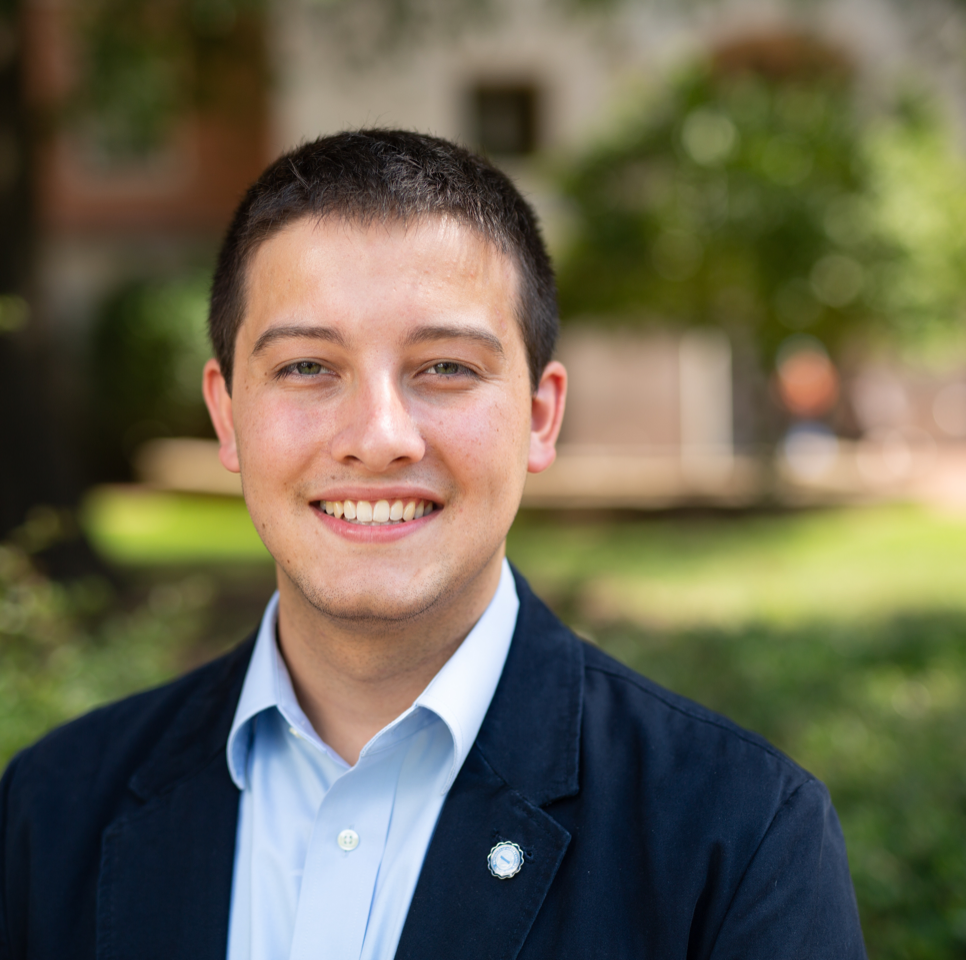There are multiple pieces to the American Medical College Application Service (AMCAS). The one that most people dread, if you’re anything like me, is writing your personal statement. Thinking about personal statements for medical school can be stressful. You might find yourself asking: what do they want to know?
You’ll write a draft, rip it up, and start over again. That’s ok. This is a process, and if you start early, you will have the time to write something you’re proud of. Teaching and working with pre-health students, I’ve read a lot of personal statements over the years. For me, certain qualities help one statement stand out from another, and that’s what I’d like to share with you.
Why do you want to be a doctor?
People often emphasize that they want to “help people” in their personal statements. That’s a noble goal, but the reality is that lots of jobs help people who aren’t physicians. You can help people as a nurse, plumber, teacher, and so on. What helps your statement stand out is that when someone reads it, they should understand why becoming a physician is the best way to accomplish your goal.
Do you know what medicine is really like?
The reason that medical schools want you to have clinical experiences isn’t so that you come into medical school knowing how to practice medicine; that would defeat the point of medical school. These experiences expose you to what medicine is really like so that you don’t go through four years of medical school, a billion years of post-graduate training, and then say, “Eh, you know what? This stinks. I’m out.” Your personal statement is an opportunity to address the complex realities about medicine that you’ve realized about medicine and then say that you still want this as a career.
Can you communicate in an easy-to-understand manner?
One of the biggest pitfalls of personal statements is trying to be too flashy. I’m not talking about a heartfelt story; I am talking about a personal statement that you read with a dictionary nearby. Remember: good writing is simple writing. In medicine, you will need to write clearly and concisely every day to communicate with your patients and your colleagues. Your personal statement is a sample of your writing, and it is an opportunity to demonstrate your ability to be an effective communicator.
Summary
When you’re writing a personal statement, the admissions committee just wants to know who you are and why you want to be a doctor. To communicate that, it’s helpful to demonstrate that you understand what it really means to be a physician. With all of that in mind, the first step is to write out a draft and find a trusted friend or two to serve as your editors. If you do that, you’ll be well on your way to applying to medical school.

Comments